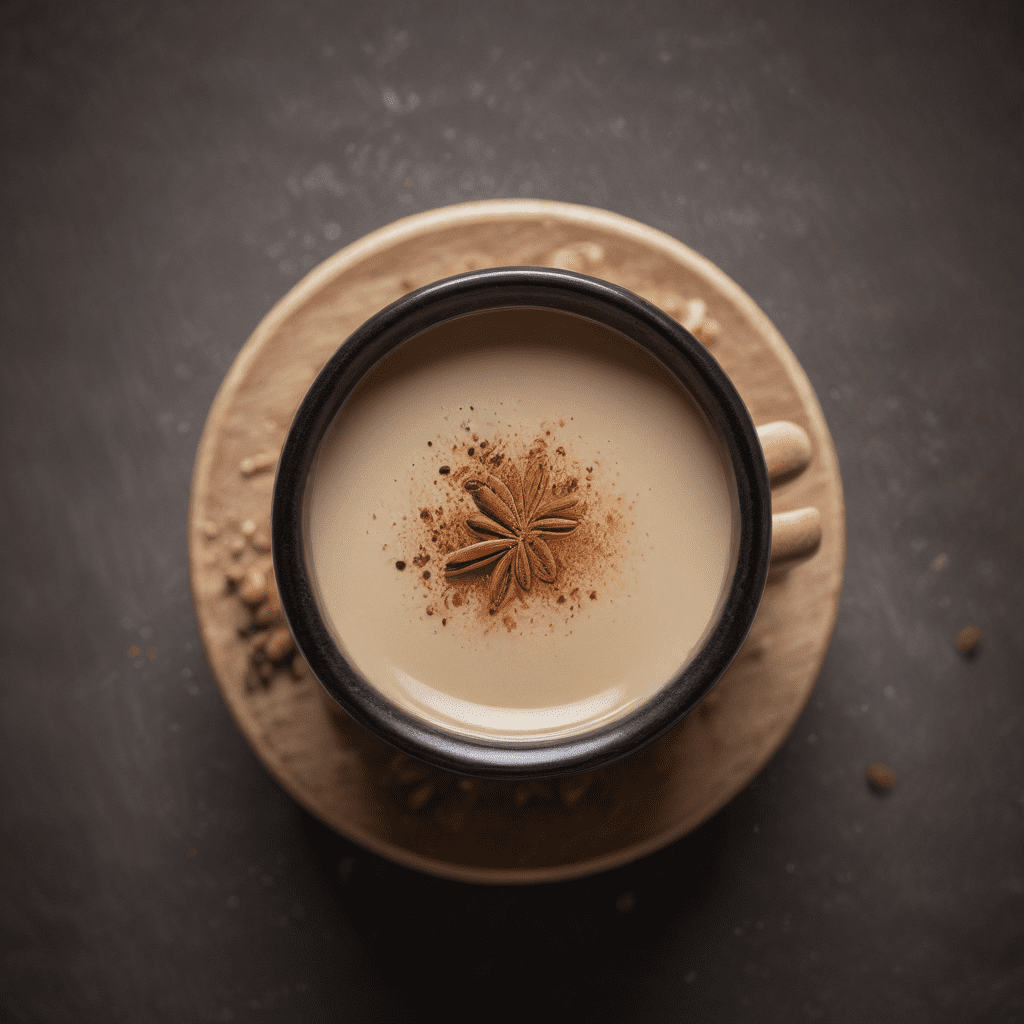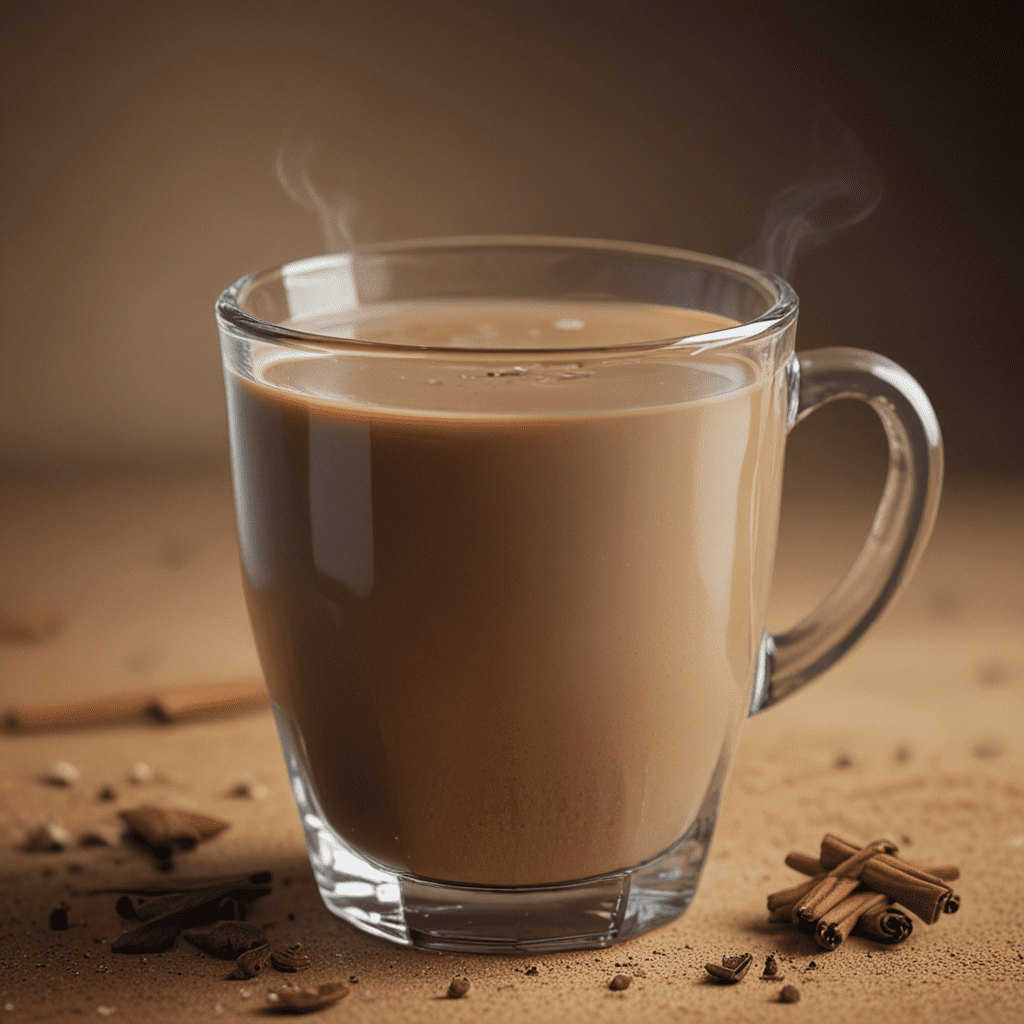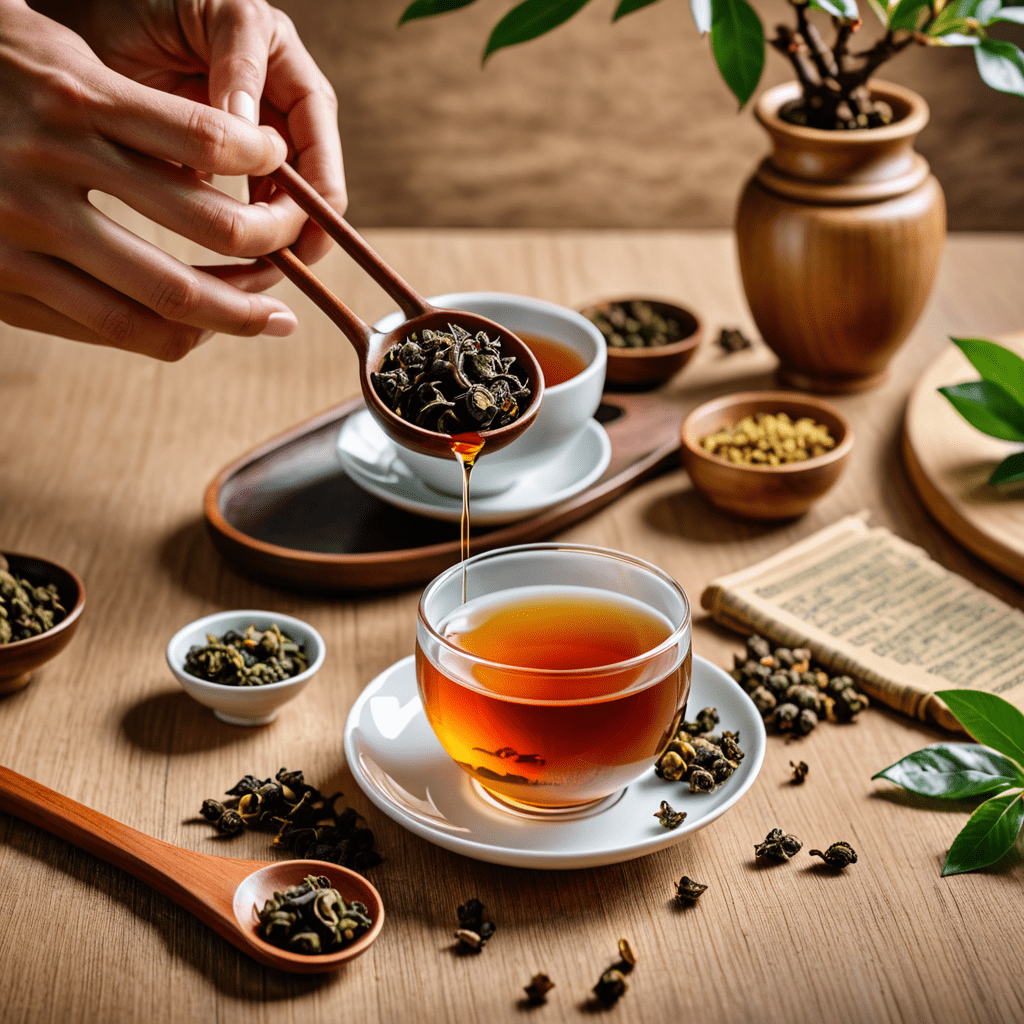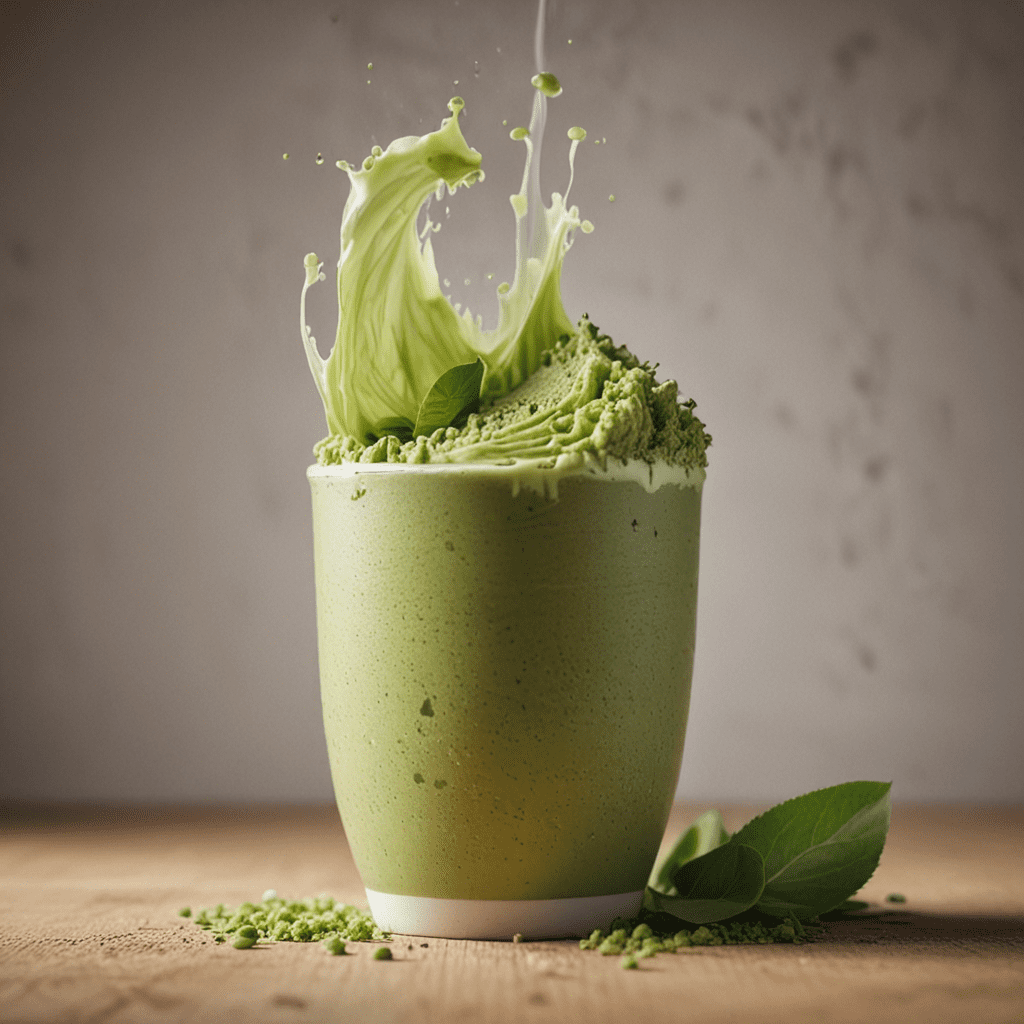
A Beginner's Guide to Making Chai Tea at Home
Chai tea, an aromatic and flavorful beverage originating from the Indian subcontinent, has won hearts worldwide. Its distinctive blend of spices and black tea creates a captivating experience. Crafting this delicious tea at home is surprisingly simple, making it an ideal indulgence for those seeking a comforting and flavorful treat. This comprehensive guide will lead you through every step of the chai-making process, empowering you to savor the authentic taste of chai in your own kitchen.
1. Gather Your Ingredients: The Essence of Chai Tea
To embark on your chai-making journey, you'll require a few key ingredients.
Black Tea: The foundation of your chai tea, black tea provides the robust base for the symphony of flavors. Choose a high-quality black tea, such as Assam or Darjeeling, for an authentic experience. Alternatively, a blend specifically designed for chai can offer a pre-curated balance of flavors.
Water: The purity of your water greatly influences the clarity of your chai. Use filtered or spring water to avoid any unwanted flavors that may interfere with the delicate balance of spices.
Milk: Milk adds richness and depth to your chai, mellowing out the intensity of the spices. Whole milk is a classic choice, but you can experiment with plant-based milks like almond or coconut milk to suit your dietary preferences.
Sugar or Honey (Optional): Chai tea traditionally incorporates a touch of sweetness to complement the aromatic spices. Add sugar or honey to your taste preference, or omit it altogether if you prefer a less sweet brew.
Spices: The heart of chai tea lies in its harmonious blend of spices. Cinnamon, cardamom, ginger, cloves, and peppercorns form the quintessential spice combination, but feel free to customize it to your liking. Whole spices offer a more robust flavor compared to pre-ground options.
6. Strain Your Chai: Refining the Elixir
Once the chai has simmered to your desired intensity, it's time to separate the aromatic brew from the tea leaves and spices. This step ensures a smooth and flavorful experience.
Fine-Mesh Strainer: Pass your chai through a fine-mesh strainer to remove any remaining tea leaves or spice particles. This method produces a silky, refined beverage.
Cheesecloth: An alternative option is to use a double layer of cheesecloth. This delicate fabric effectively strains out all impurities, resulting in a particularly clear chai.
7. Variations and Customizations: A Canvas for Creativity
The beauty of chai tea lies in its versatility. Experiment with different spice combinations, extracts, and sweeteners to create a personalized chai that aligns with your palate.
Alternative Spices: Explore spices beyond the classic blend. Nutmeg, star anise, or fennel seeds can add unique aromatic layers to your chai.
Flavor Enhancers: Introduce a touch of vanilla extract, almond extract, or rose water to impart subtle nuances of sweetness and complexity.
Masala Chai vs. Iced Chai: Create a richer, creamier masala chai by simmering your chai with evaporated milk or condensed milk. For a refreshing twist, allow your chai to cool and serve it over ice.
8. Troubleshooting Common Issues: Resolving Chai Dilemmas
Navigating the chai-making process may occasionally present minor challenges. Here are some troubleshooting tips to guide you:
Chai is Too Bitter: If your chai has an overwhelming bitterness, reduce the steeping time of the tea leaves. Additionally, consider using a milder black tea blend or adding a touch more milk to balance the flavors.
Chai is Too Weak: In the event of a weak chai, extend the steeping time of the tea leaves or increase the quantity used. Experiment with different black tea blends that offer a bolder flavor profile.
Chai Has a Metallic Taste: This issue generally stems from using tap water with a high mineral content. Opt for filtered or spring water to eliminate any off-flavors.
9. Health Benefits of Chai Tea: A Sip of Well-being
Chai tea not only delights the senses but also boasts a range of health-promoting properties:
Antioxidants: Chai tea abounds in antioxidants, which combat harmful free radicals in the body, protecting against oxidative stress and chronic diseases.
Reduced Inflammation: The anti-inflammatory properties of spices like ginger and cloves may alleviate joint pain, muscle soreness, and digestive issues.
Improved Digestion: Chai tea can aid digestion by stimulating the production of digestive enzymes. The spices in chai, particularly ginger, possess carminative effects that reduce gas and bloating.
- Boosted Immunity: The presence of antioxidants and anti-inflammatory compounds in chai tea supports a robust immune system, enhancing the body's ability to fight infections and diseases.
10. Frequently Asked Questions (FAQs): Clarifying Chai Queries
What is the optimal ratio of tea to water for chai tea? A general guideline is to use one teaspoon of loose-leaf tea or one tea bag for every six ounces of water. Adjust the ratio based on your desired strength.
Can I make chai tea without milk? Absolutely. You can prepare a vegan or dairy-free chai tea by using plant-based milk alternatives or simply omitting the milk altogether.
How do I store leftover chai tea? Store your chai tea in an airtight container in the refrigerator for up to three days. Reheat gently on the stovetop or in the microwave before serving.


